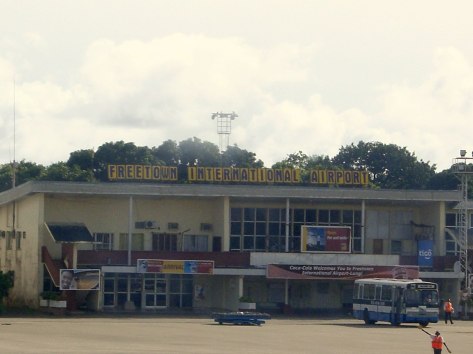Local councils seem to be fond of trees. Apparently, so much so that allowing them to disable public infrastructure is uncontroversial. Until it causes a death.
The sun had set about half an hour before Mary Fillipas got off the bus in Station Street, Burwood on 8 May 2017. The bus stop was adjacent to Talbett Street. Fillipas, aged 75 years, was slowly crossing Station Street just after the crest of the road. A driver approaching from the other side of the crest saw her in his headlights at the last minute and braked. He could not avoid hitting her. She died of her injuries some weeks later.

Police determined that the driver bore no criminal liability for the death. The police noted that although there were two street lamps in the vicinity of the collision, a large tree blocked most of the light from one.
Mrs Fillipas’ death was investigated by the Coroner. In the investigation the local government body (Whitehorse City Council) submitted that street lighting in the area was adequate and that the tree was healthy and maintained in line with legislation and appropriate standards. The Council and a number of other agencies also recommended moving the bus stop to the top of the crest to improve visibility of people crossing Station Street after getting off the bus.
The Coroner agreed with the proposal to move the bus stop. Her Honour also recommended the Council consider removing suitable trees to ensure overhead lighting was not affected.
In the Death of Fillipas (Coroners Ct of Vic., Hodgson C, 27 July 2018, unreported)





